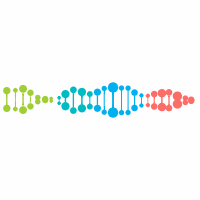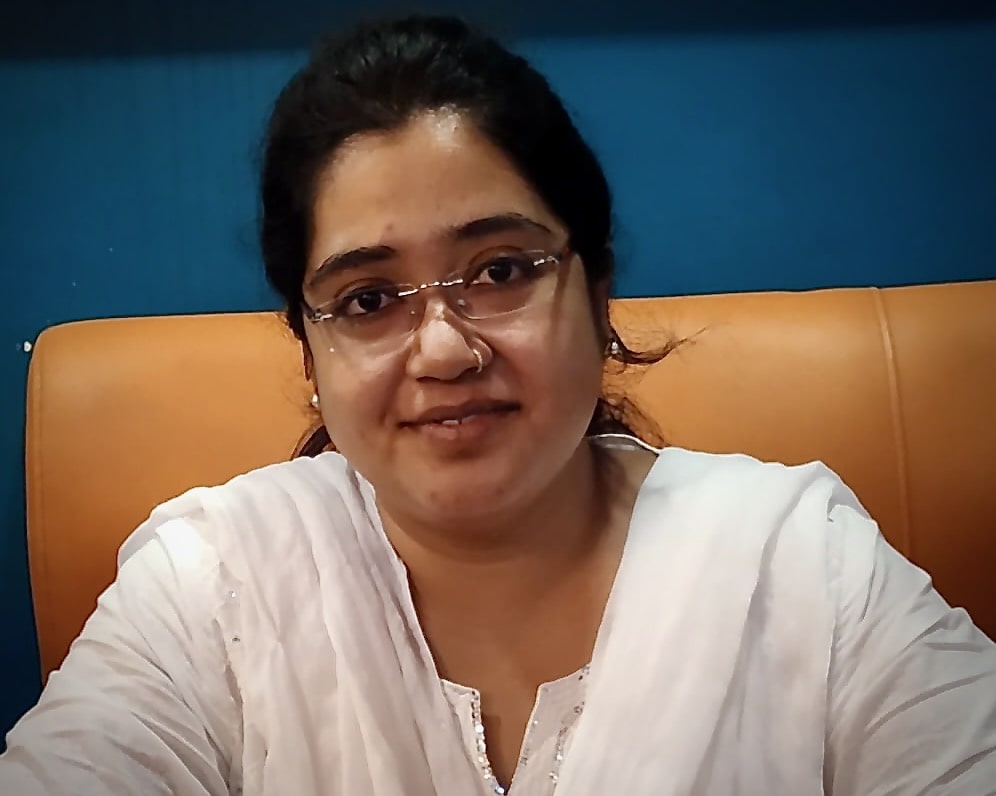Research Interests
- Prokaryotic and Eukaryotic chemotaxis
- Microfluidics based lab-on-chiptechnologies
- Biophysical aspect of cell-cell and cell-materialinteraction
Background
-
Assistant ProfessorIndian Institute of Technology Madras, Chennai, India (May 2022-Present).
-
DBT/Wellcome Trust India Alliance Early Career FellowIndian Institute of Technology Madras, Chennai, India.
-
Assistant Project Scientist Physics University of California San Diego, CA, USA (April 2021-December 2021).
-
Post-DoctoralFellow Physics University of California San Diego, CA, USA (April 2016-April 2021).
-
Ph.D.Chemical EngineeringIndian Institute of Technology Bombay, Mumbai, India.
-
M.Tech Food Technology & Biochemical EngineeringJadavpur University, Kolkata, India.
-
B. Tech Biotechnology Heritage Institute of Technology, Kolkata, India.
Awards & Recognitions
-
DBT/Wellcome Trust (UK) India Alliance Early Career Fellowship, 2021.
-
Full scholarship for Scientific Teaching Short Course 2020 given by PoorvuCenter for Teaching and Learning, Yale University, CT, USA.
-
Excellence in thesis work award for the best Ph.D. thesis in IIT Bombay for the year 2014-2016.
-
R. G. Manudhane Ph.D. excellence award for the most outstanding Ph.D. thesis in the Department of Chemical Engineering, IIT Bombay for the year 2015-2016.
-
International Travel Grant (2015) from the Department of Science and Technology, Govt. of India.
-
International Travel Grant from the Department of Biotechnology, Govt. of India(2015).
-
Foreign travel fellowship (2014) from the Indian Institute of Technology Bombay to present research work at the 58th Annual Meeting of Biophysical Society, 2014, San Francisco, California, USA.
-
Travel Grant in 2013 and 2014, from the Okinawa Institute of Science and Technology Graduate University, Okinawa, Japan to attend workshops.
-
Best Poster award at the Eighth National Symposium on Complex Fluids (CompFlu-2014), JNCASR, Bangalore, India.
Selected publications A complete list of publications can be found on Google Scholar:
Selected publication A complete list of publications can be found on Orcid:
Publications
-
Karmakar R*, Tyree T*, Gomer R H, Rappel W J. (2021). Cell dispersal by localized degradation of a chemoattractant. Proceedings of the National Academy of Sciences of the United States of America. 118(6): e2008126118. https://doi.org/10.1073/pnas.2008126118.
-
Karmakar R*, Tang M*, Yue H, Lombardo D, Karanam A, Camley B A, Groisman A, Rappel W J. (2021) Cellular memory in eukaryotic chemotaxis depends on the background chemoattractant concentration. Physical Review E.103, 012402. DOI: 10.1103/PhysRevE.103.012402.
-
Karmakar R. (2021) Stateoftheart of bacterial chemotaxis. Journal of Basic Microbiology. 61(5):366-379(Corresponding author). https://doi.org/10.1002/jobm.202000661.
-
Karanam A R, He D, Hsu P K, Schulze S, Dubeaux G, Karmakar R, Schroeder J, Rappel W J. (2021) Boolink: a graphical interface for open access boolean network simulations and use in guard cell CO2signaling. Plant Physiology.kiab344. https://doi.org/10.1093/plphys/kiab344
-
Karmakar R, Schich C, Kamprad N, Scheller V, Gutierrez E, Groisman A, Rappel W J, Tarantola M. (2020). Novel micropatterning technique reveals dependence of cell-substrate adhesion and migration of social amoebas on parental strain, development, and fluorescent markers. PLoS ONE. 15(7): e0236171. https://doi.org/10.1371/journal.pone.0236171.
-
Cao Y*, Karmakar R*,Ghabache E, Gutierrez E, Zhao Y, Groisman A, Levine H, Camley B A, Rappel W J. (2019) Cell motility dependence on adhesive wetting. Soft Matter. 15:2043-2050 (*Co-first author). DOI: 10.1039/C8SM01832D.
-
Karmakar R*, Naaz F*, Tirumkudulu M S, Venkatesh K V. (2016) Escherichia coli modulates its motor speed on sensing an attractant. Archives of Microbiology; 198(8):827-33. DOI: 10.1007/s00203-016-1255-z.
-
Karmakar R*, Uday Bhaskar R V S*, Jesudasan R E, Tirumkudulu M S, Venkatesh K V. (2016) Enhancement in swimming speed leads to a more efficient chemotactic response to repellent. Applied and Environmental Microbiology; 82(4), 1205-1214. DOI:10.1128/AEM.03397-15.
-
Uday Bhaskar R V S*, Karmakar R*, Deepika D, Tirumkudulu M S, Venkatesh K V. (2015) Variation of swimming speed enhances the chemotactic migration of Escherichia coli. Systems and Synthetic Biology; 9(3), 8595. (*Co-first author). DOI: 10.1007/s11693-015-9174-x.
-
Deepika D*, Karmakar R*, Tirumkudulu M S, Venkatesh K V. (2015) Variation in swimming speed of Escherichia coli in response to attractant. Archives of Microbiology; 197(2), 211-222. (*Co-first author). DOI: 10.1007/s00203-014-1044-5.
-
Karmakar R, Gulvady R, Tirumkudulu M S, Venkatesh K V. (2014) Motor characteristics determine the rheological behavior of a suspension of microswimmers. Physics of Fluids; 26, 071905. http://dx.doi.org/10.1063/1.4890005
-
Malakar P, Singh V, Karmakar R, Venkatesh K V. (2014) Effect on beta-galactosidase synthesis and burden on growth of osmotic stress in Escherichia coli. SpringerPlus, 3, 748. DOI:10.1186/2193-1801-3-748.

